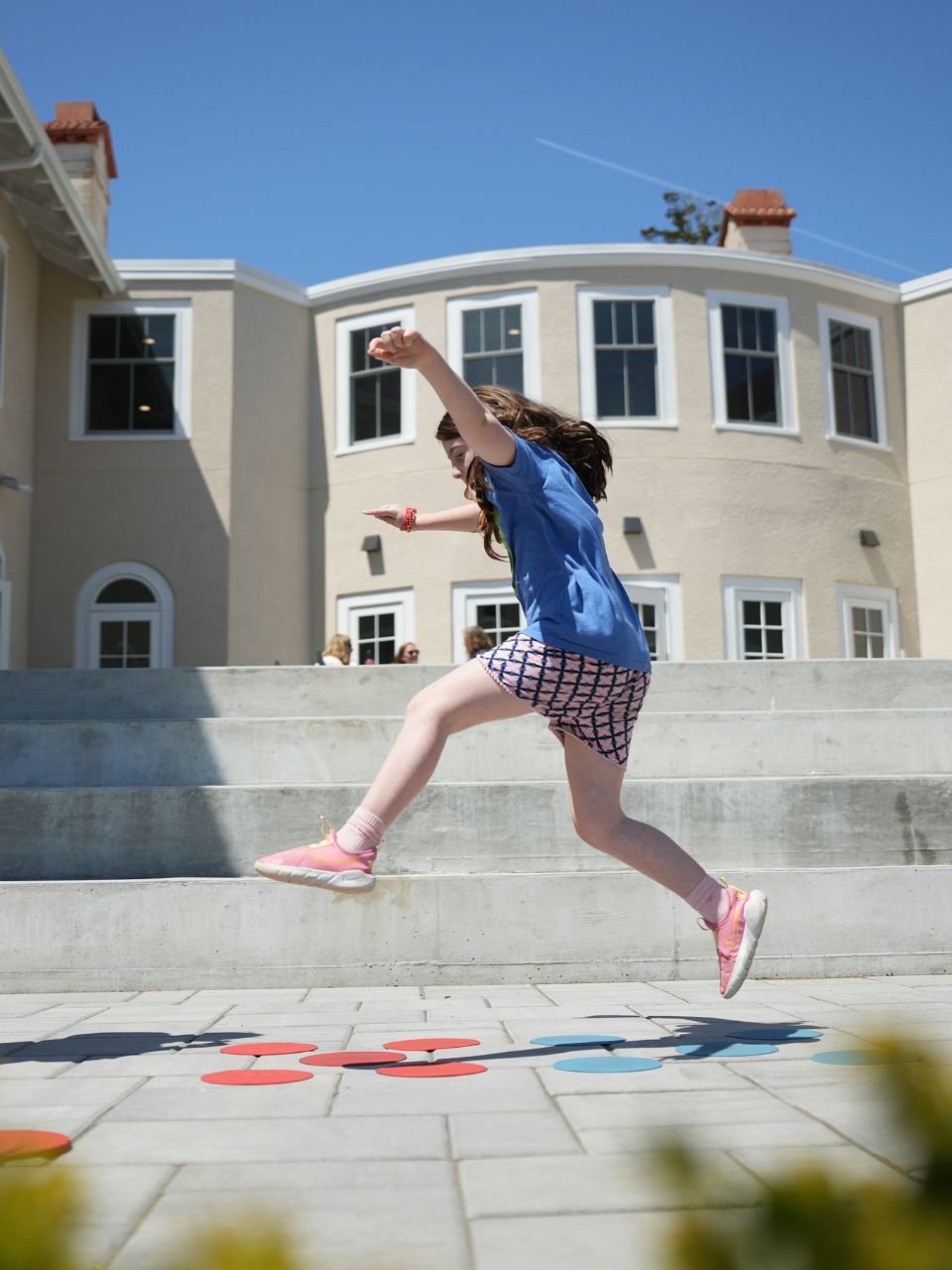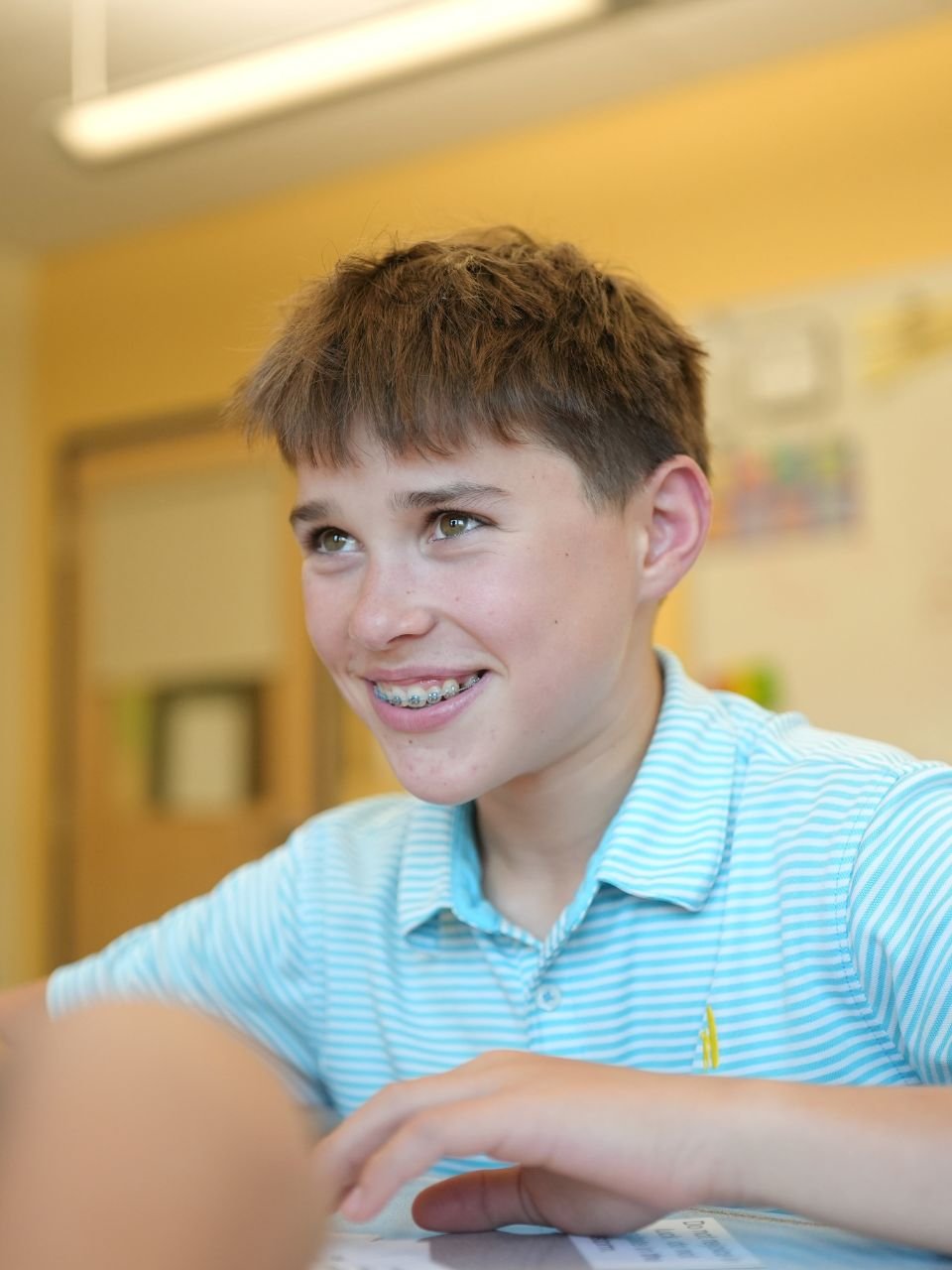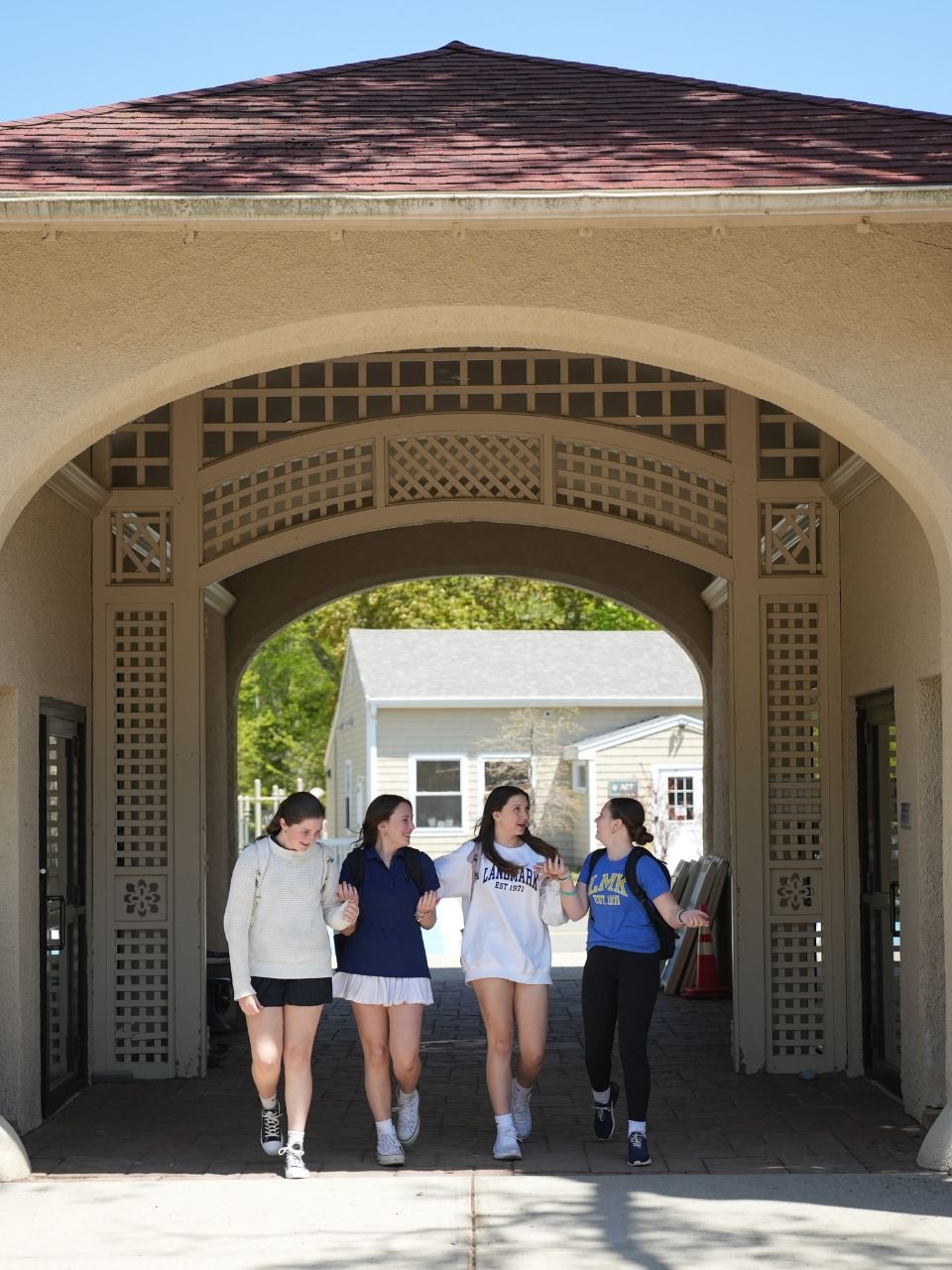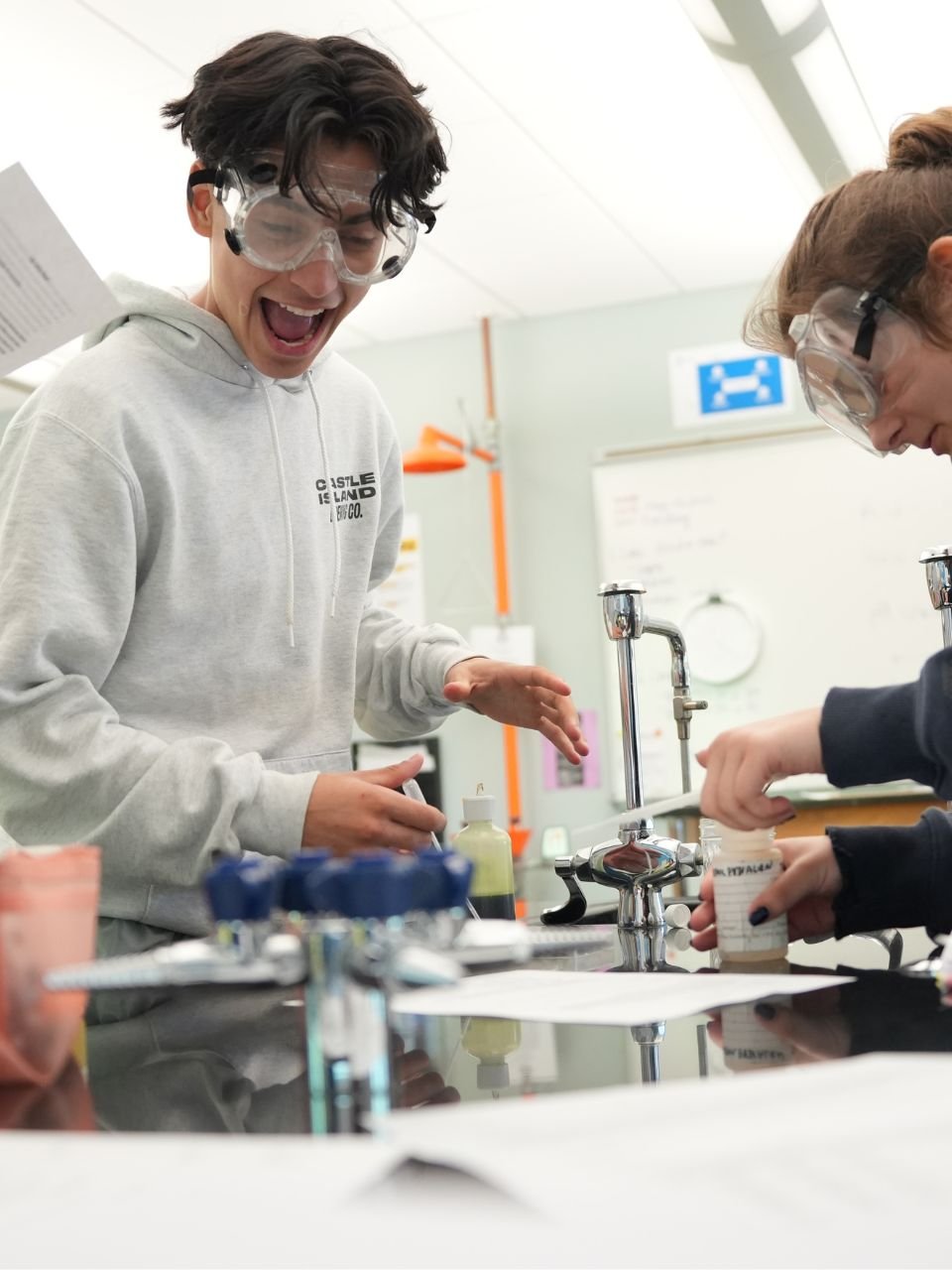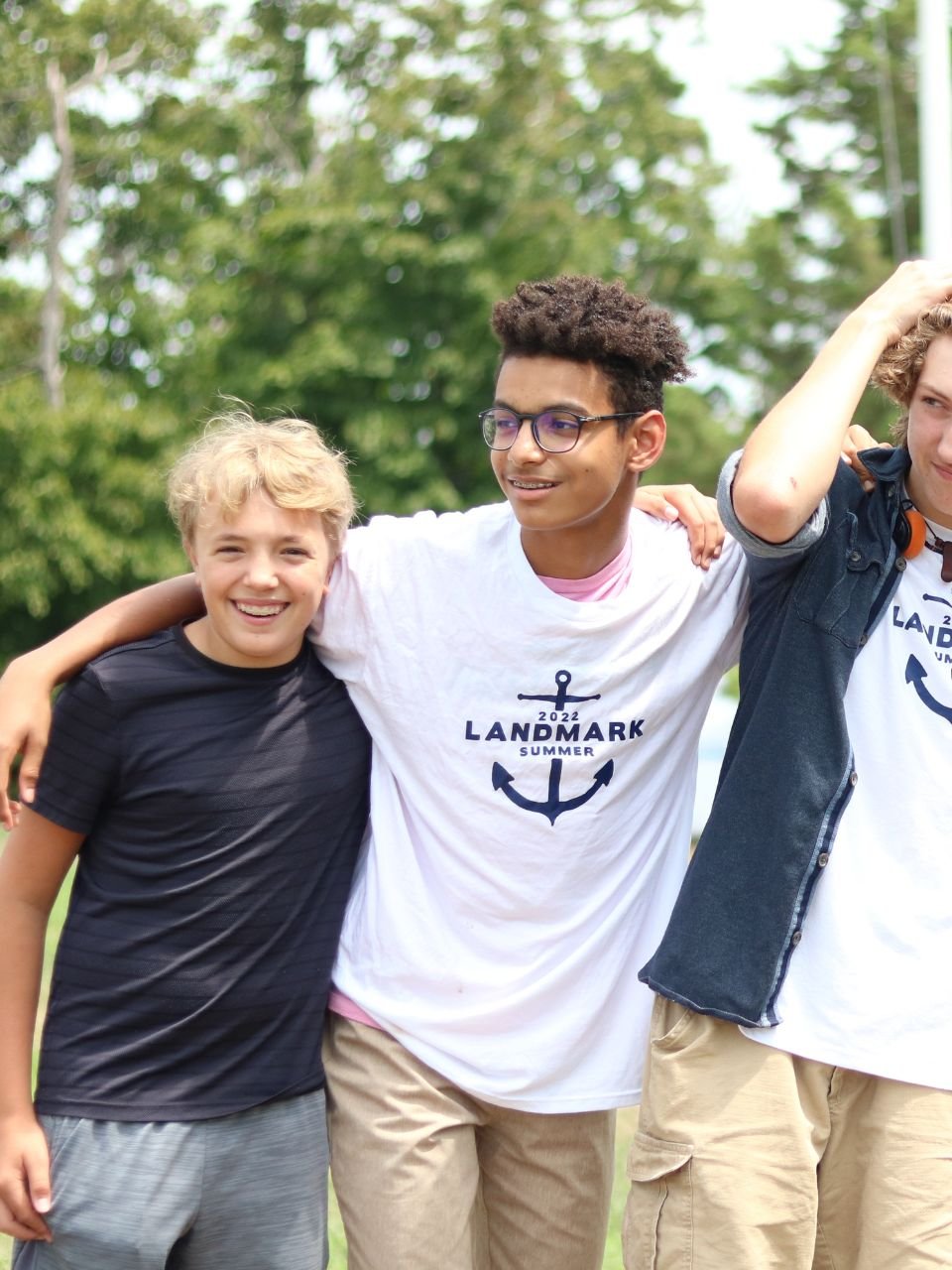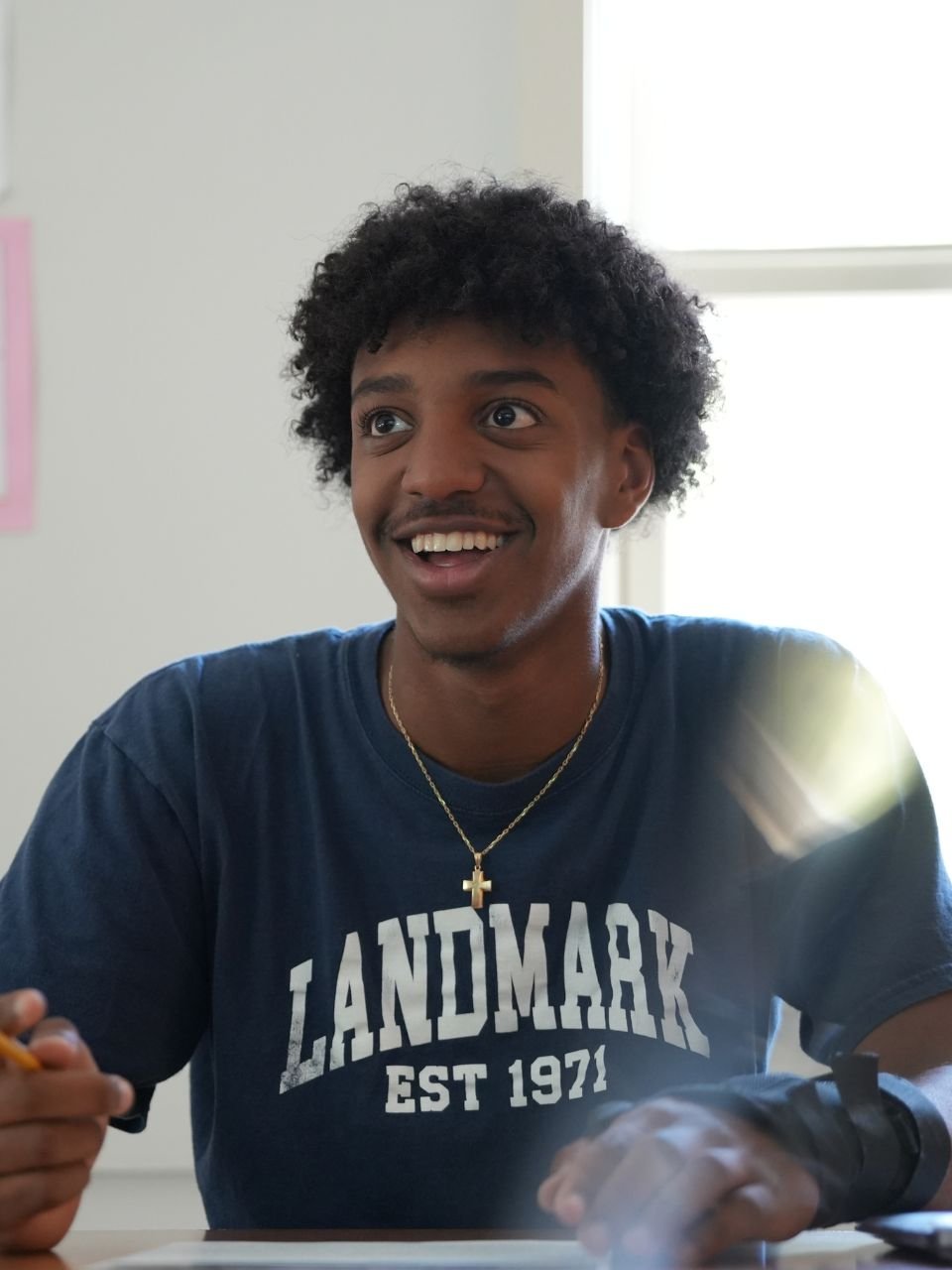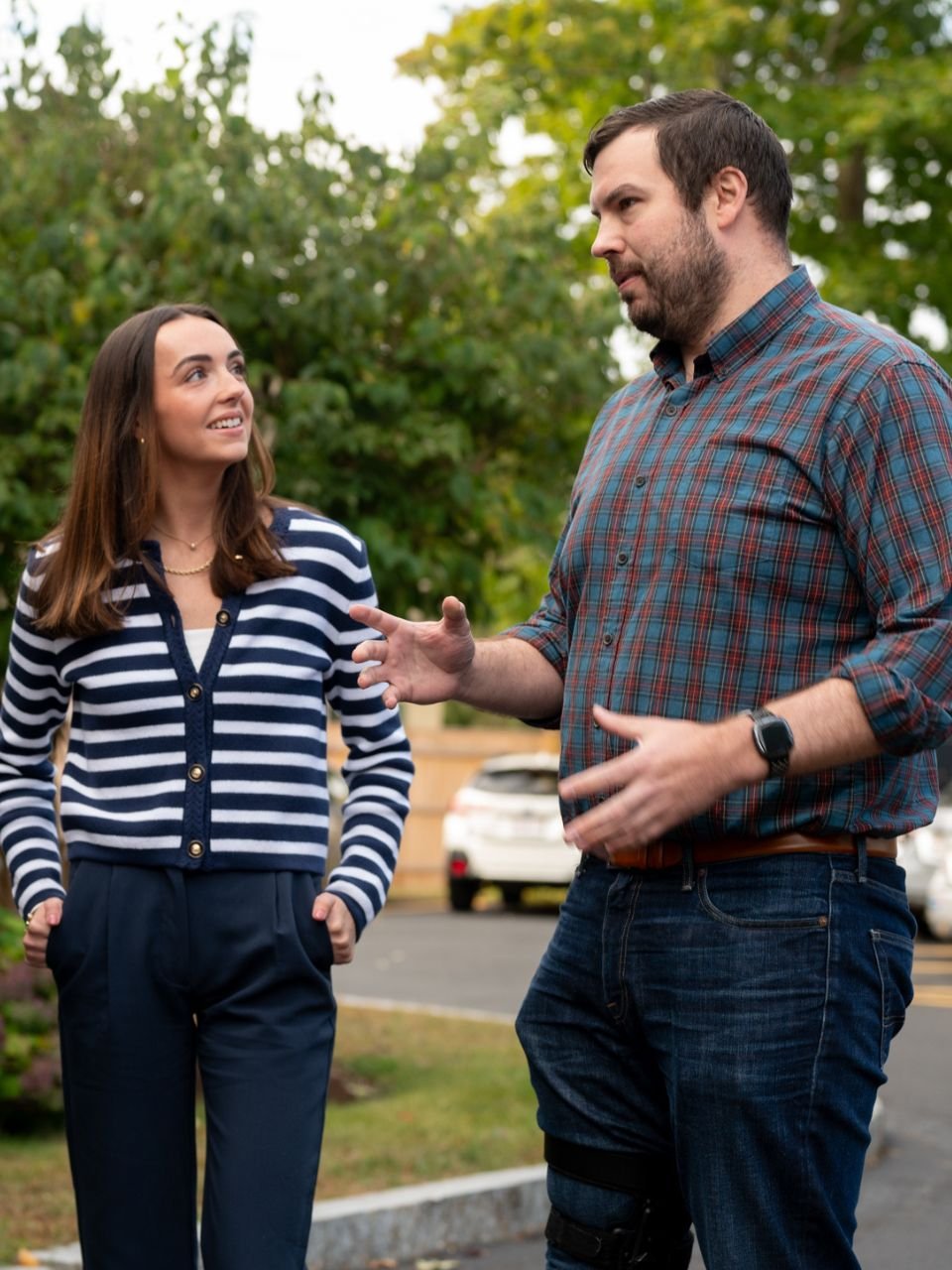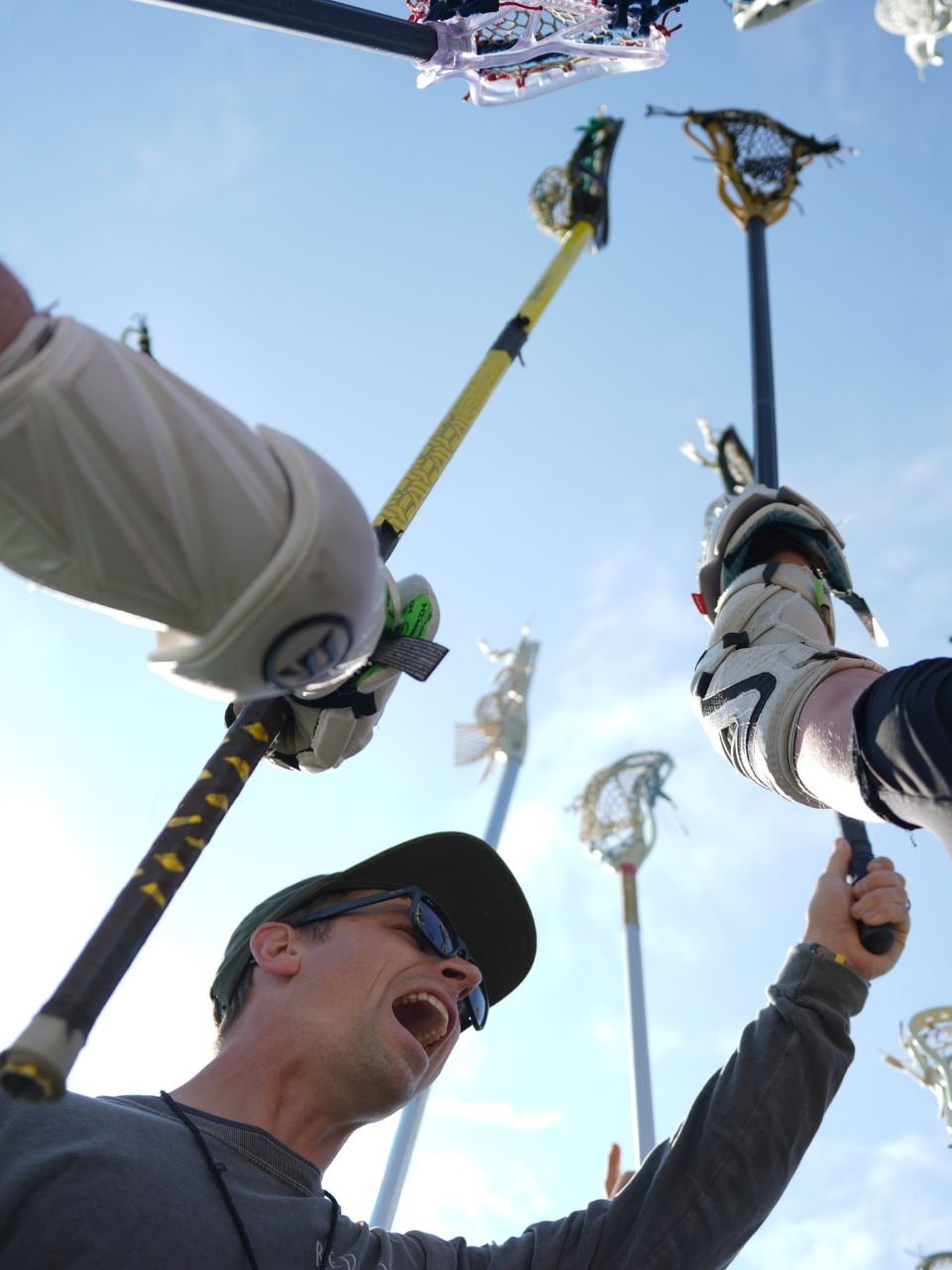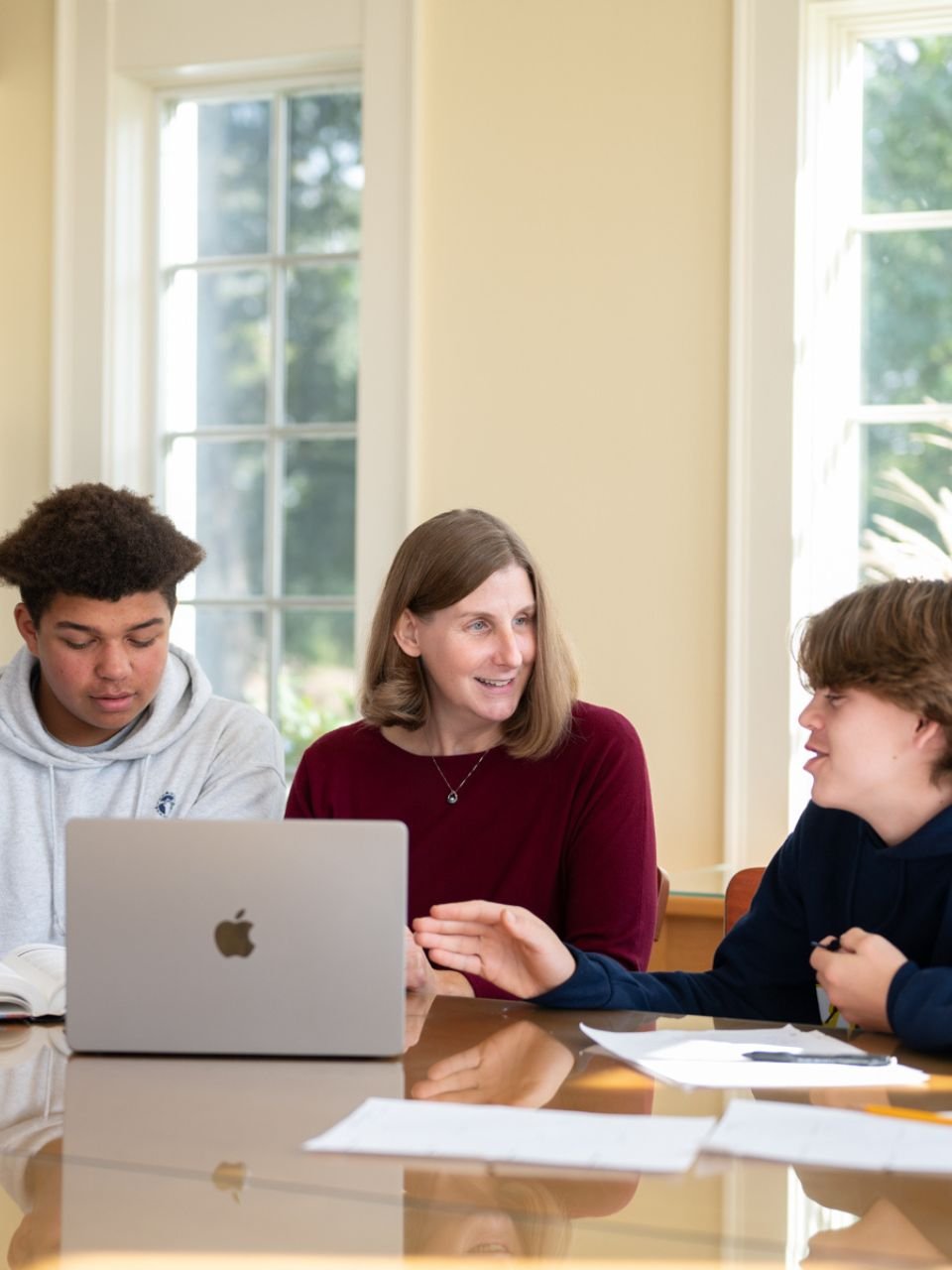- Our School
- Our Advantage
- Admission
- Elementary•Middle School
- High School
- Summer
- Giving
- Parent Resources
- For Educators
- Alumni
« Back
Making Handprints: A Summer In Baranovo
September 2nd, 2013
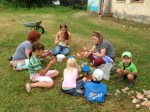
By Erin D'Agostino
During my time teaching at Landmark, I was struck by one aspect of the school that went above and beyond classroom material and educational skills: the Landmark Community. Landmark has created an environment in which students are accepted for who they are and what they are capable of. It is a community in which the potential of students is universally respected and the nature of their disabilities is understood. In this wonderfully supportive environment, students can grow into their full potential and gain the ability to walk with confidence into their futures.
Unfortunately, not all children are so lucky.
I spent this past summer in rural Russia, volunteering with the Russian Orphan Opportunity Fund (ROOF) at what is historically known as a Psychoneurological Orphanage. It was an eye-opening experience, and not just because of the lack of running water. These Psychoneurological Orphanages are home to hundreds of children with a variety of developmental disorders. There are many of such orphanages in Russia, most intentionally located in remote regions of the rural countryside. Children rarely have more than a nonspecific diagnosis, and some even appear to have minimal disabilities. Very few children are adopted, and the future for these children is frequently bleak. It is common for children to graduate at age 18 and transition directly to an adult institution, where they remain for the rest of their lives. As these orphanages fall under the jurisdiction of the Russian Department of Health and not the Department of Education, education is not mandated for inhabitants of Psychoneurological Orphanages. As a result of these factors and the passport stamp that indelibly marks these children, it is rare for a graduate to become a productive member of society.
While Landmark has cultivated an environment in which differences in learning are understood and respected, Russia commonly has a view of developmental differences that is at best ignorant and at worst highly prejudiced. It is important to recognize that this view is not a product of the typical Russian, but largely derived from governmental policies, particularly policies that remove these children from the eyes of the public. Regardless of the source of this attitude, opportunities for these orphans will remain limited as long as Russia remains fixated in it.
That’s the bad news. The good news is that there are bright-eyed idealists in both Russian and foreign organizations working towards changing the status quo. By spreading understanding and tolerance of developmental disabilities, ROOF hopes to make the future brighter for children in Psychoneurological Orphanages, one town at a time. This is a two pronged approach: First, the surrounding community has to be strong enough to have the ability to support the orphanage, and second, the community must accept the children and their differences as contributing members of the community.
Yes, revitalizing and integrating the community is an enormous project, but hope is on the horizon. Even in just one summer of Baranovo residency, I can testify to the difference that I saw in the community there. A “Dom Kulturi,” or “House of Culture,” was partially renovated so that soccer, tetherball, volleyball, and general silliness could be enjoyed by all the children in the community. A mural was drawn, displaying the indiscriminate handprints of all members of the town. Those handprints represented the potential for a new beginning, one without differentiation based on passport stamp. A village that had been masked in apathy rejuvenated itself, and the difference was palpable. With further projects on the horizon, including the building of a playground and the opening of a small business, there are new and bright possibilities appearing in the future. With the continued efforts of perseverant dreamers, the region around the orphanage has the potential to transform into a new kind of Russian village: a Landmark-ian society in which children are understood to be capable beyond what former prejudices have mandated and opportunities can be made readily available without discrimination.
One day in particular sticks in my memory: we had all been working hard, clearing rubble from outside of the Dom Kulturi. My personal focus had been on pulling countless shards of glass from the long, scraggly grass. Not pleasant, especially in the Russian summer sun. Given the heat and toil, my first reaction on hearing boisterous activity inside the dilapidated building was frustration. Who was in there now, what shenanigans were they up to, and what new Vodka-remains was I going to have to clean up as a result? I marched in, ready to tell off some troublemakers. Instead, what I found was five children, all under age ten, giggling and decorating the newly cleaned-out space with painted flowers, faces, and other staples of a child’s universe. On that day- our fourth in the Russian countryside- we saw the building being used the way it was intended: as a place for people to gather and bond. With a few shovels, some sweat and some laughing children, the beginning of a new community was formed.
For more information about the Russian Orphan Opportunity Fund, visit www.roofnet.org and for fundraising opportunities, contact Erin D’Agostino at [email protected].
 is a former Landmark High School Science and Tutorial Teacher. Erin is currently working at the Children's Evaluation and Rehabilitation Center (CERC) at Albert Einstein Medical College. She plans to pursue an MD in Developmental Pediatrics.
is a former Landmark High School Science and Tutorial Teacher. Erin is currently working at the Children's Evaluation and Rehabilitation Center (CERC) at Albert Einstein Medical College. She plans to pursue an MD in Developmental Pediatrics.
Posted in the category Learning Disabilities.





